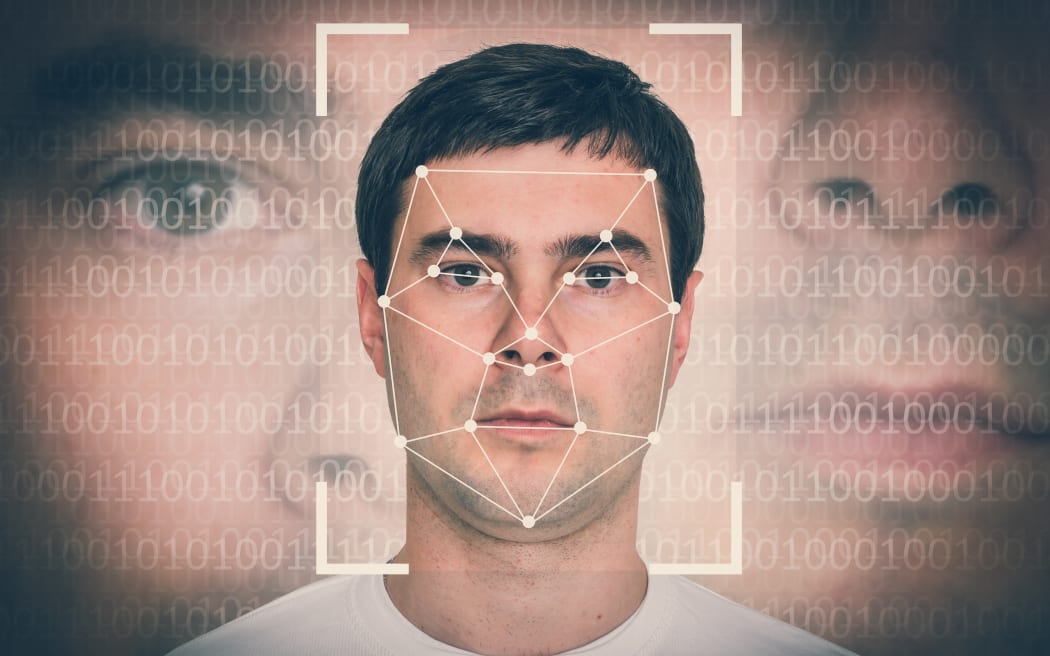
Photo: 123rf
A Māori oversight group expects instances of racial bias to come through in a new government-run identification platform.
But the Māori Reference Group at the Ministry of Social Development (MSD) says it is okay with that because the Identity Check technology will get better.
"There will be some instances where that racial bias will come through in the current ... iterations of the system," group chairperson Toa Faneva said after talks with MSD.
"But we were comfortable with where we were at in terms of the ability for MSD to be able to launch that, knowing that there was a commitment to continue to improve the technology to make sure that those issues were mitigated."
Facial recognition AI globally has a history of being less accurate the darker the skin of a person, though some algorithms are better than others, and the technology is improving.
An MSD report in September said it would inform its Māori and Pasifika Reference Groups "of the unconfirmed risk relating to racial bias, or the level to which it may exist, in DIA's technology".
The risk was "unknown" because no tests specifically for racial bias have been run here by the Department of Internal Affairs (DIA), which has been developing the system since 2019.
Privacy commissioner Michael Webster said he had reiterated to DIA that "we strongly encourage steps to validate the accuracy of the technology across the full diversity of the New Zealand population".

Privacy commissioner Michael Webster. Photo: VNP / Phil Smith
"It is our expectation that any agency thinking of using DIA's Identity Check services has undertaken due diligence, including assuring themselves that its accuracy levels are sufficiently robust to ensure fair outcomes for their clients, including service delivery outcomes, prior to roll-out," Webster said in a statement.
His office would continue to engage with officials "to understand how they have addressed this and our other feedback".
DIA said recent tests with about 250 people showed the system made the correct image match 90 percent of the time, and this was proof enough it worked well in New Zealand conditions.
Faneva said DIA had not talked to them and "needs to crack on and make sure that they've got the right lenses in terms of the consultation they have with Māori and Pasifika communities".
However, MSD had consulted a lot and now needed to also set up a user group to get feedback, he said.
"A lot of Māori up here [in Northland] are hyper-sensitive when it comes to data ownership."
When new tech came in, "there is always a suspicion, particularly amongst our Maori communities, around what that information is going to be used, and used for, and under what circumstances".
"If the trend shows many Māori and Pasifika say, 'We don't want to get into it because we don't trust the technology or the way the department is going to manage this', then we need to know that."
MSD is the first to begin using Identity Check. It is not mandatory and beneficiaries can still opt to prove their identity by going into a service centre.
The facial recognition system, which went live on Monday, allows a person to verify who they are entirely online by sending a live image of themselves on their phone or computer to a system run by the Internal Affairs Department.
It has one algorithm that checks if the image is actually live - to prevent fraud - and a second algorithm that checks the image against the government passport and driver licence photo databases.
The government has high hopes for the biometric AI system spreading widely, to match other countries' systems aimed at digitally turbocharging their economies.
Australia announced in September it would be taking its MyGovID - a little like New Zealand's RealMe - universal, to give access not just to government but business services, too.
Some systems, like India's Aadhaar universal identity scheme, have been controversial.
MSD said it conducted user testing during development, and planned to do more in February 2024.
"This feedback will be used to guide any future enhancements that may be required.
"We will report these results back to the Māori Reference Group," it said.
Faneva said the main thing was using Identity Check was not mandatory; its big benefit would be to help people in remote places get their entitlements, he said.
In trials since 2022, Identity Check failed almost half the time to tell if a person's image was, in fact, live. The liveness algorithm was upgraded and since 2 November, had hit 90 percent accuracy, DIA told RNZ.
Though the trials have been extended for another year, MSD has gone live anyway before they have been completed.
"We're seeking to make things easier for Work and Income clients by introducing a new way for people to verify their identity," group general manager of income Shannon Soughtton said in a statement.
"Steps have also been taken to reduce the chances of an unsuccessful check."
Guidance on Work and Income's website, and during the Identity Check process on DIA's website, would help people take a good image.
They could make five attempts, then start again after 72 hours if they had no luck.
An initial privacy impact assessment by DIA did not look at Māori data issues. A second was being carried out.
Webster said his office had reviewed and provided feedback on the initial assessment.





